Timothy Bruce & Arthur Jongsma – Evidence-Based Treatment Planning for Substance Use Disorders
Description
Timothy Bruce & Arthur Jongsma – Evidence-Based Treatment Planning for Substance Use Disorders review, Timothy Bruce & Arthur Jongsma – Evidence-Based Treatment Planning for Substance Use Disorders download, Timothy Bruce & Arthur Jongsma – Evidence-Based Treatment Planning for Substance Use Disorders free
Timothy Bruce & Arthur Jongsma – Evidence-Based Treatment Planning for Substance Use Disorders
Evidence-Based Treatment Planning for Substance Use Disorders
by Timothy Bruce & Arthur Jongsma, Jr.
Addiction is one of the most challenging issues therapists face, yet so few therapists are adequately trained to work with addicts and alcoholics. Learn to build thorough evidence-based treatment plans in this video with Drs. Timothy Bruce and Arthur Jongsma, who offer expert instruction on a prevalent disorder.
Without a clear treatment plan for substance use disorders, well-meaning therapists may find themselves floundering right along with their clients. Because effective clinical work may encompass a range of interventions covering behavioral change, social restructuring, emotional management, and relapse prevention, training and preparation are essential. In this video, seasoned clinicians Drs. Timothy Bruce and Arthur Jongsma provide fresh insight into substance use disorders (SUDs), their specifiers, and their latest evidence-based approaches. Bruce and Jongsma offer clinical review, thoughtful commentary, and live case vignettes that give practitioners a solid foundation for successful treatment.
Starting with an overview of the DSM features of substance use, Bruce and Jongsma outline criteria for both substance dependence and substance abuse, comparing and contrasting the two. The two clinicians move on to present their six-step treatment planning process for SUDs, aimed at building plans consistent with their empirically supported treatments (ESTs). A brief history of the EST movement provides background as well as a platform to discuss the development of various approaches.
Samples of evidence-based treatment plans are included here, and Bruce and Jongsma provide useful commentary on a series of case vignettes featuring both individual and couples clients. You’ll watch therapists demonstrate clinical interventions culled from Cognitive-Behavioral Therapy, the Community Reinforcement Approach, and Behavioral Couples Therapy, and you’ll learn about the common features of other ESTs such as 12-Step Facilitation Therapy. Behavioral definitions, short-term objectives, and long-term goals are covered too, making for a comprehensive set of tools you can use immediately to support clients while meeting increasingly stringent professional standards.
If you’re in need of instructional resources on substance use disorders or want to compose evidence-based treatment plans aligned with the latest empirically validated methods, add this video to your library today.
In Depth
Many of us are all too familiar with the interpersonal conflicts, legal problems, failure to meet social or professional obligations, and other unfortunate effects of unchecked substance use. When clients with substance use disorders come through our doors, we need to have a thorough grounding in the latest research, approaches, and tools on which to base successful treatment. If you need to understand the differing criteria for substance use disorders or have searched for resources on their empirically supported treatments, you’ll find answers in this content-rich video with Drs. Timothy Bruce and Arthur Jongsma. Here, the two experts tell you everything you need to know about building treatment plans that comply with funding sources and give you a foundation for supporting clients.
Bruce and Jongsma start by presenting an overview of the DSM criteria for substance use disorders, their specifiers (related to physiological dependence and type of remission), and clinical definitions for abuse and dependence. Moving on to a brief history of the empirically supported treatment (EST) movement, they outline several ways to integrate ESTs into treatment for substance use disorders. You’ll learn how to compose a six-step treatment plan based on Cognitive-Behavioral Therapy, the Community Reinforcement Approach, The Matrix Model, Motivational Enhancement Therapy, 12-Step Facilitation Therapy, and Behavioral Couples Therapy, and you’ll watch selected approaches in action, with live case vignettes in a variety of settings that include individual and couples therapy. Live commentary follows each case, helping you integrate what you’ve just seen and contextualize it within an evidence-based framework.
If you’re looking to deepen your understanding of evidence-based treatment planning and review the most common ESTs for substance use disorders, you’ll be excited to get your hands on this information-packed video.
By watching this video, you will:
- Understand the DSM criteria for substance use disorders, their specifiers, and the difference between dependence and abuse.
- Know the history of empirically supported treatments (ESTs) and those designated for substance use disorders.
- Learn to build a six-step treatment plan for substance use disorders informed by evidence-based practices.
Specs
Length of video: 1:14:25
English subtitles available
Bios
Timothy Bruce, PhD, is Professor and Associate Chair of the Department of Psychiatry and Behavioral Medicine. A summa cum laude graduate of the honors program curriculum at Indiana State University, Bruce received his Ph.D. in Clinical Psychology from The University at Albany-State University of New York under the mentorship of Dr. David Barlow. He completed his residency training at Wilford Hall USAF Medical Center under the direction of Dr. Robert Klepac.
Bruce is active in the clinical, educational, and scholarship missions of the department. He serves several administrative positions in the department including Associate Chair, Director of Medical Student Education, and Director of the Psychiatry Residency Scholarship Program. Bruce’s contributions to the literature include over 30 books and training manuals, as well as numerous professional journal articles, book chapters, encyclopedia articles, and other works. His areas of interests include education and training, the evidence-based practice of clinical psychology, and cognitive behavioral therapies. In addition to maintaining his own clinical practice, Bruce supervises the psychotherapy training of residents. Recognized for his work in academic administration as well as classroom and clinical teaching, Bruce has received over three dozen awards for his efforts in these areas to date.
Most recently, Bruce has been contributing editor and co-author of Arthur Jongsma’s widely used PracticePlanners© Series, empirically informing it with results from the psychotherapy outcome literature.
Our Policies
A. Product Quality
We will provide GOOD quality of courses fast. If any issue, email: [email protected].
We sure that your problem will be support as soon as possible.
B. Digital Shipping Proceess
After your payment, we will review your payment, Then, we will send you PCLOUD LINK OF COURSES through email in 3 – 8 hours. If any issue, we will inform you as soon as possible.
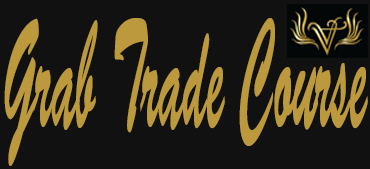
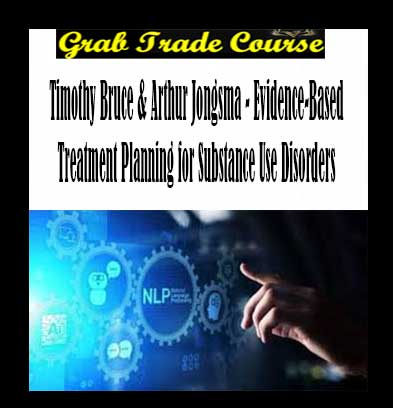

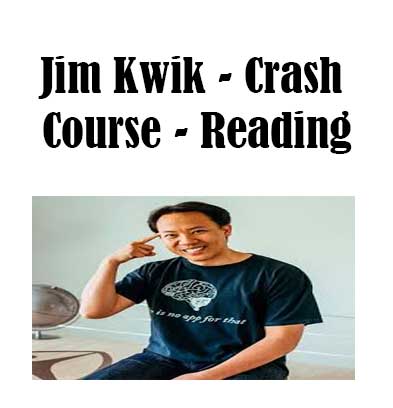
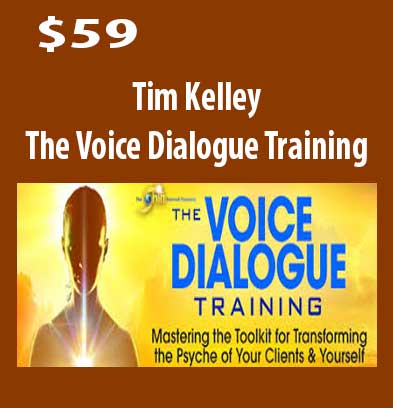
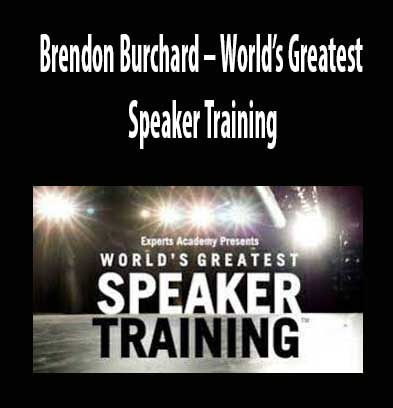
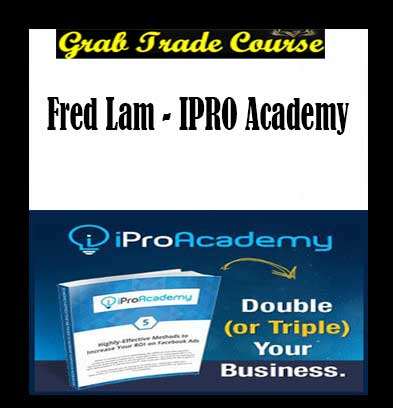
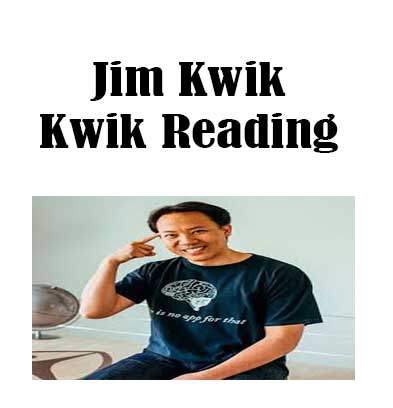

Reviews
There are no reviews yet.